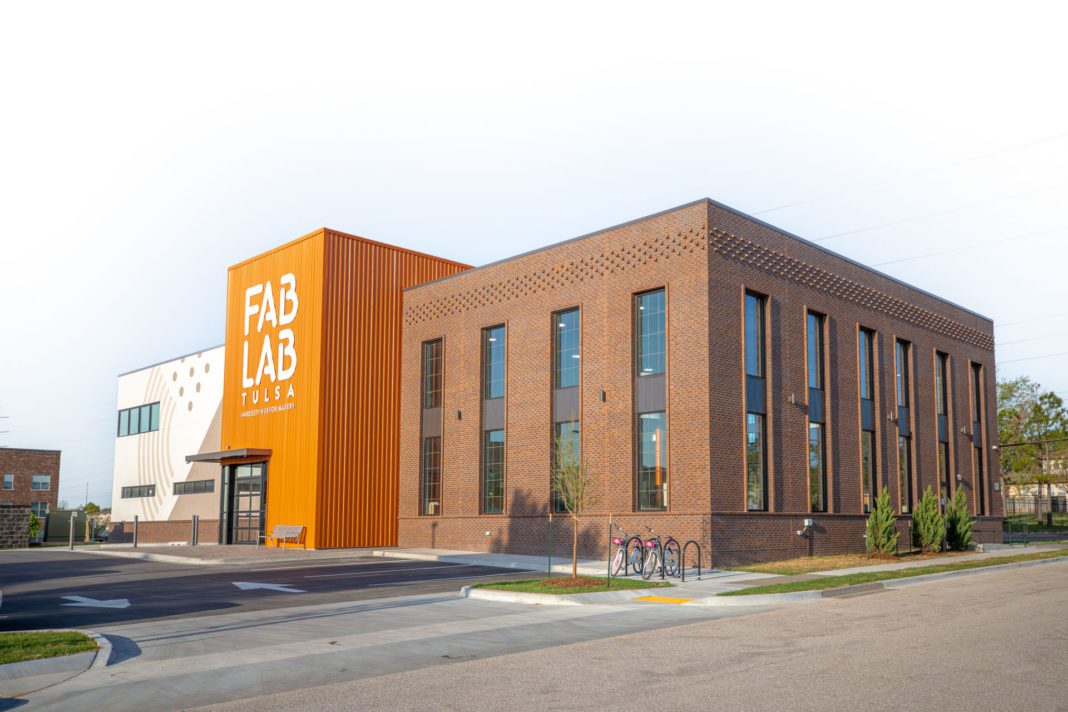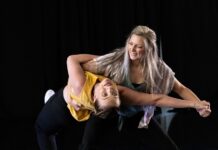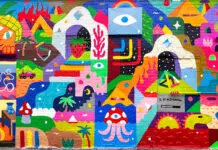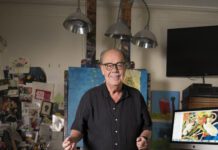Fab Lab Tulsa is providing a pathway for Oklahomans to improve their world by building, prototyping, experimenting and fabricating.
The lab, a not-for-profit that aims to empower the Tulsa community, offers education and programming that teaches innovation, design-thinking, problem-solving and change-making. In addition, the lab provides open and equitable access to advanced manufacturing and digital fabrication tools, equipment, and technology.
“Fab Labs began as what can be described as an accidental outreach program from MIT’s Center for Bits and Atoms in the famed Media Lab,” says Nathan Pritchett, executive director of Fab Lab Tulsa. “The concept was simple: what happens when we give the students and adults in our neighborhoods access to the same digital fabrication resources we give to the best and brightest at a top university?”
The organization is one of over 1,800 officially chartered Fab Labs in more than 78 countries. The originator, MIT professor Neil Gershenfeld, encouraged others to open similar labs in communities around the world.
“Fab Lab Tulsa was inspired by the community-based Fab Lab in south Boston,” says Pritchett. “Our founders felt it would have the same transformative effect on Tulsa. The team formed in 2008, and after three years of development, we opened our door at our original location in September 2011.”
The Fab Lab has continued to grow over the last decade, which enabled the construction of a new 14,000-square-foot facility, called the Hardesty Hub for Makers.
Pritchett says the Fab Lab motto is “Anyone can make (almost) anything.” And it holds true for the Tulsa lab.
“Makers are a broad spectrum of people, from students to professionals, from artists to engineers,” he says. “If you share the maker mindset and enjoy learning, Fab Lab Tulsa is the place for you.”
Lab director Dan Moran leads programming and is supported by three full-time lab assistants, Traver Fencl, Rebecca Williams and Justin Ortiz. Together, they research, design and direct the programs’ teaching curricula, materials and processes.
The New Building
When the Fab Lab Tulsa reached capacity in 2015, the board of directors knew they needed a new space. They formed the strategic planning committee to assess the outreach programs and determine future growth.
“What we knew was Tulsa needed more makers,” says Pritchett. “Over the past decade, the skills and expertise of the maker community have grown, but we were not always able to keep pace.”
The Hardesty Hub for Makers, at 501 S. Lewis Ave., opened in April 2022, and it made a difference for Fab Lab Tulsa. The organization added two classrooms for learning, one large enough to seat 32 students comfortably, and more space for popular lab machinery such as laser cutters and CNC mills. It also allowed for more lab machinery capabilities.
The new facility had the most significant impact on the summer programs, Pritchett says.
“For the first time, we had classroom capacity large enough to host on site summer camps,” he says. “Generally, we’re still growing into the new space. We’re still receiving, installing and learning how to use new equipment. The true impact will be felt over the next one to three years as we get our rhythm and ramp up outreach.”
Membership prices are $39 per month. Visit fablabtulsa.org for more information.
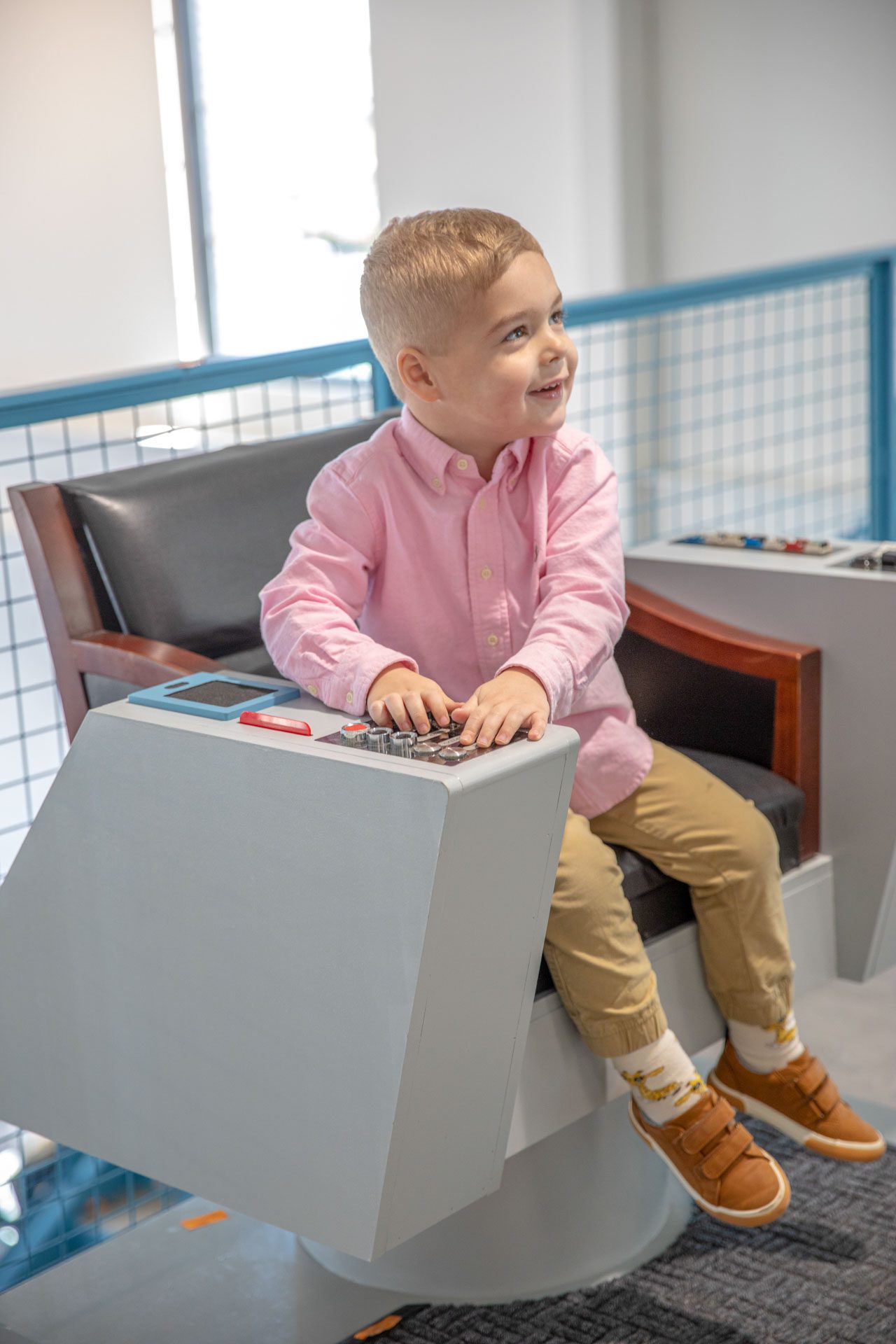
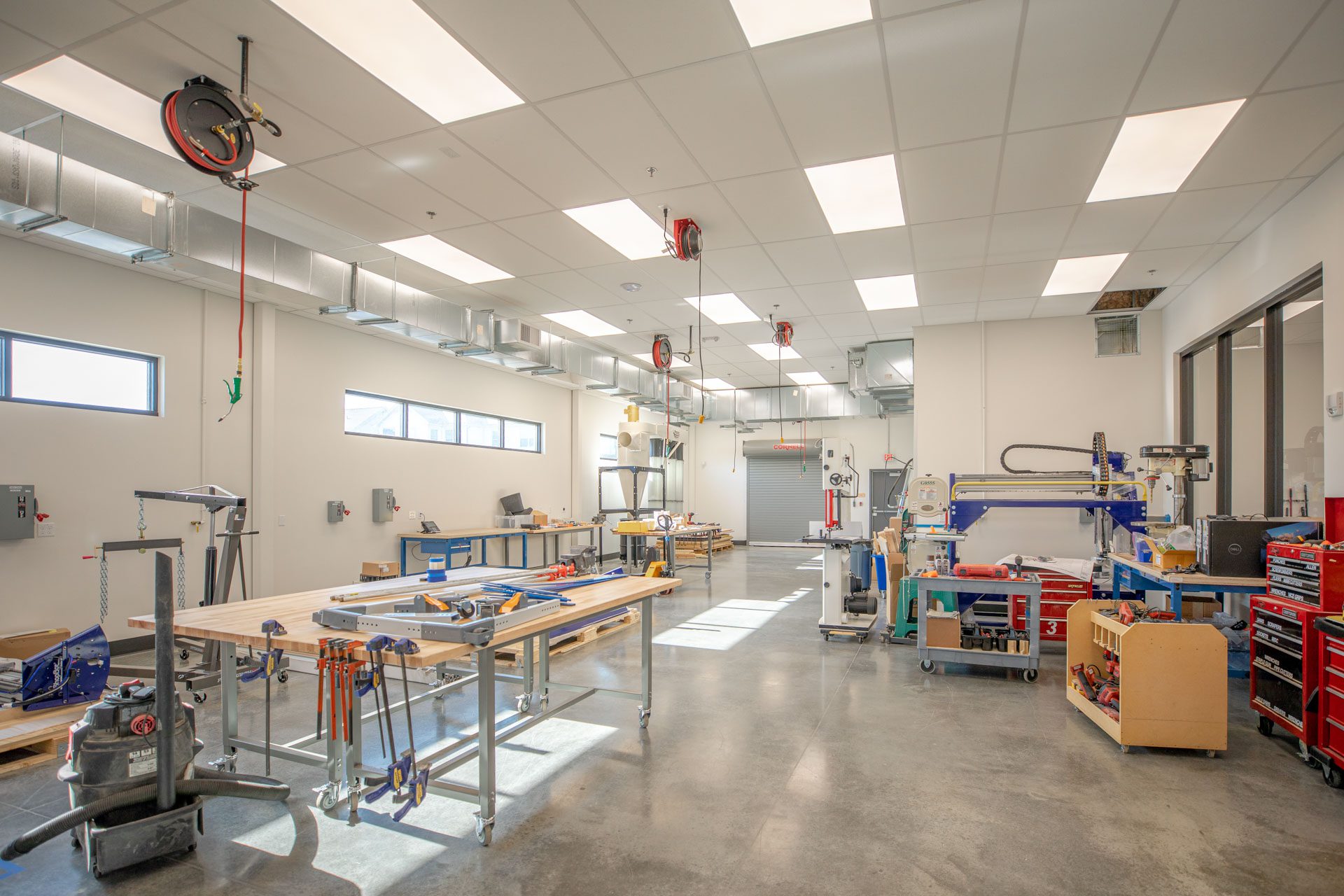
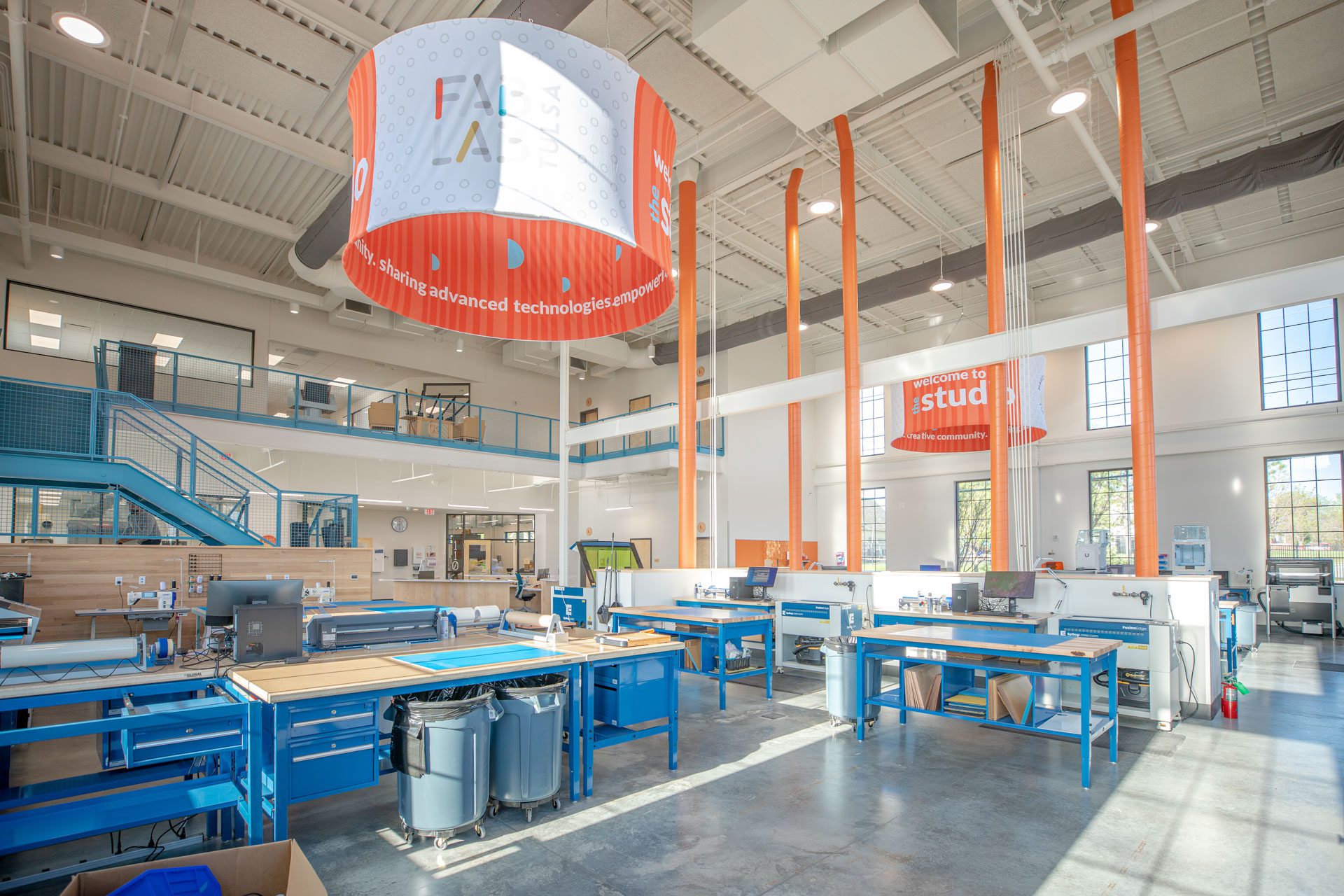
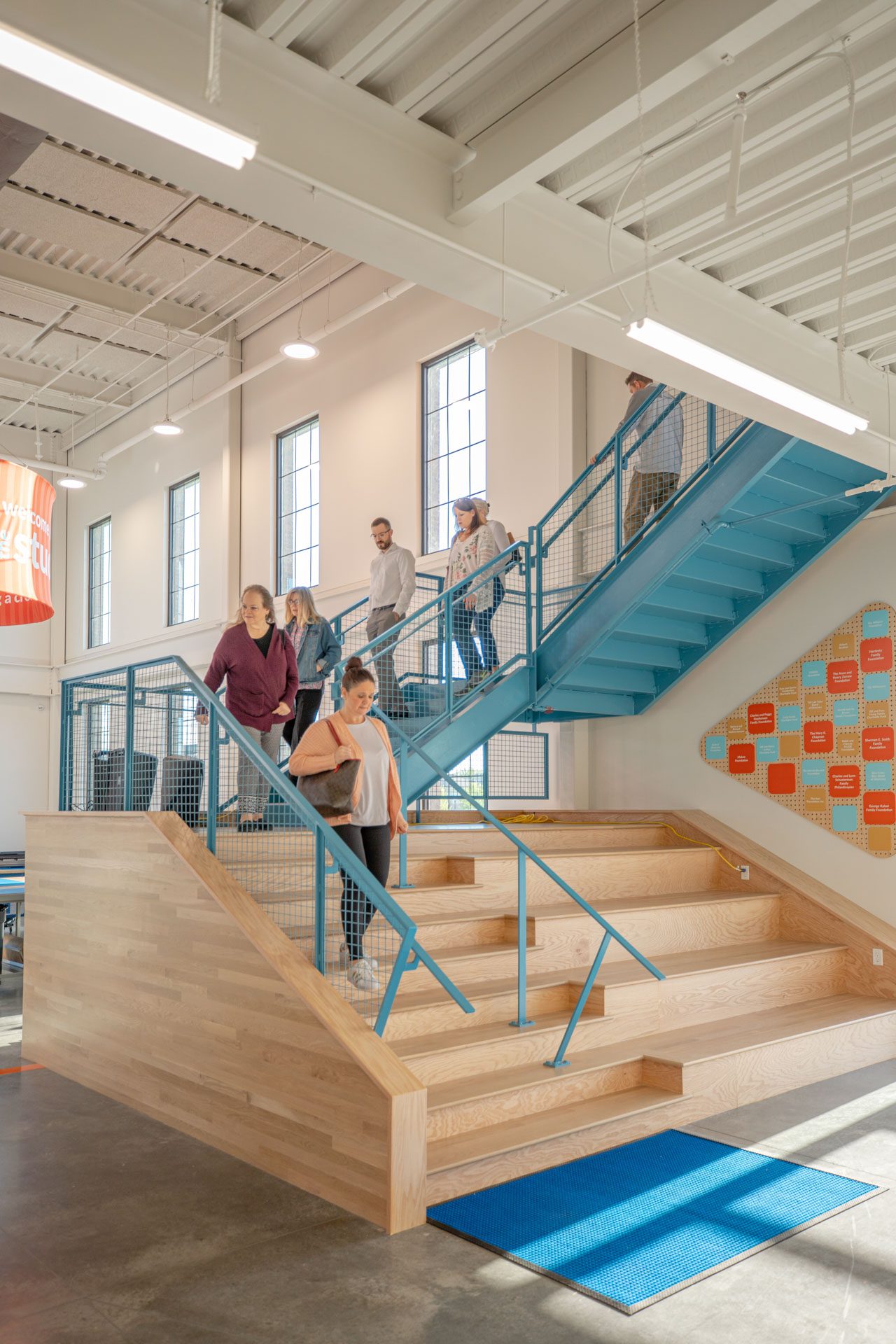
Photos by Josh New






















